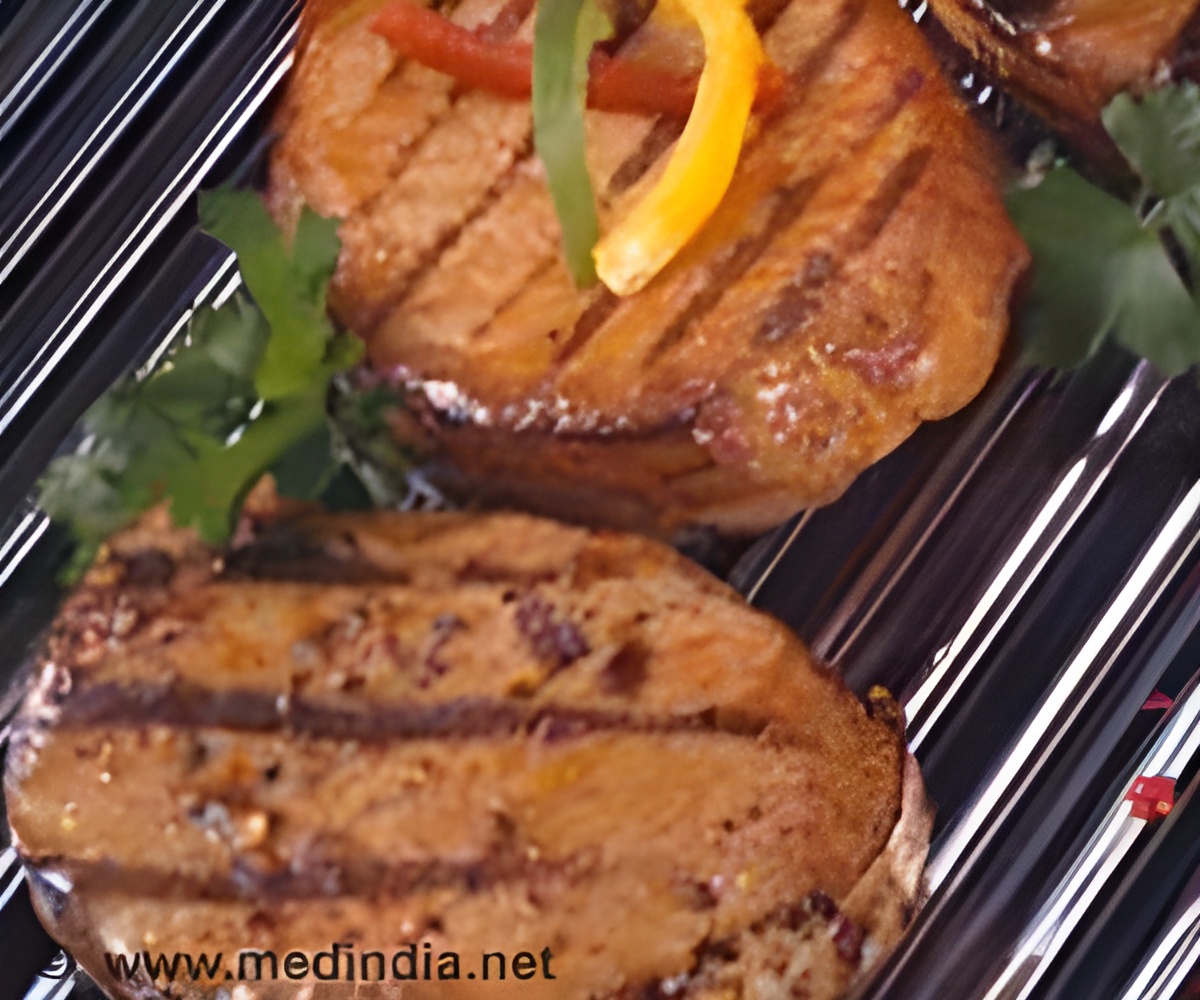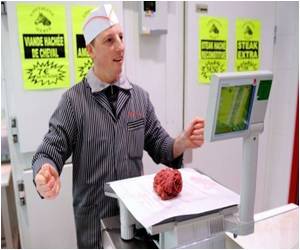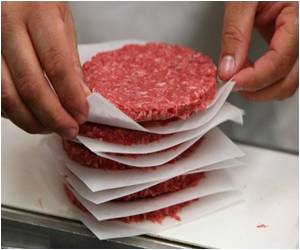Dutch authorities have recalled 11 tonnes of horsemeat trafficked from France unfit for human consumption as some of it came from animals used by scientists produce anti-rabies and other serums.

Police in December made a score of arrests in southern France following a tip-off that 200 horses, including 60 owned by pharmaceutical giant Sanofi, had ended up in abattoirs after their veterinary certificates had been falsified.
Around 11 tonnes of horsemeat that could contain the suspect meat were delivered to five Dutch companies between January and October 2013, the NVWA food safety authority said in a statement.
The meat was then sold on to restaurants as horsemeat, but also turned into pet food, the NVWA said.
"Of the 11,000 kilos, we have found around 1,000 kilos," NVWA spokesman Brenno Bruggink told AFP.
"It's almost 100 percent certain the rest has been eaten."
Advertisement
The case follows a Europe-wide health scare last year when horsemeat was found in millions of ready meals labelled as containing only beef.
Advertisement
Eating horsemeat is regarded as taboo in some European countries, notably Britain, but is still widespread in Belgium, France, Spain and Italy, although consumption is in decline.
Source-AFP









